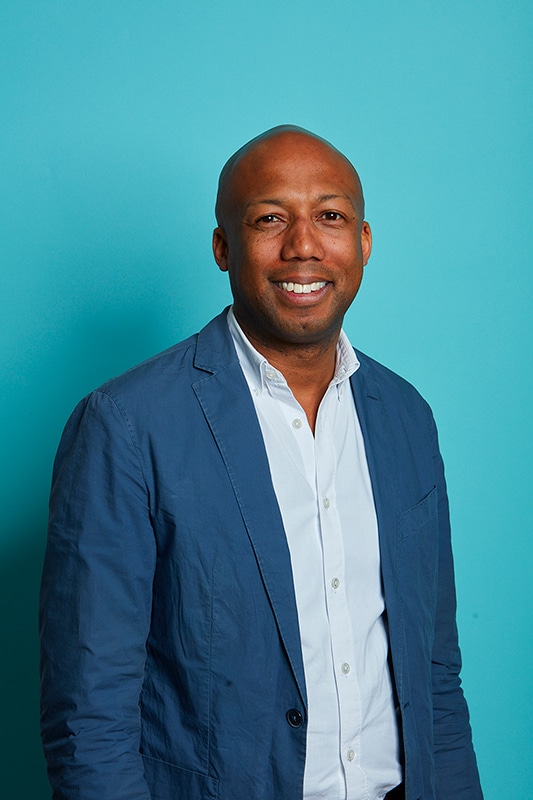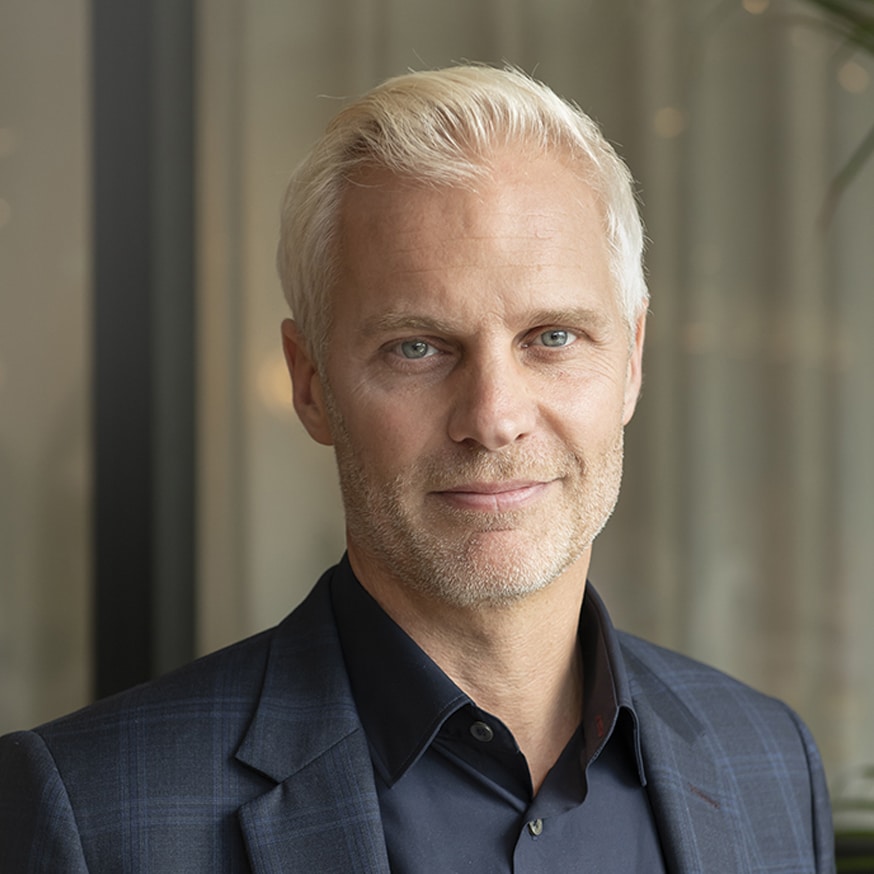
Should I tell my team I'm planning to exit?
"I think you have to be circumspect about what you share along the way because there are many false starts and moments where nothing happens at all"
Conrad Persons | Co-founder | Mash (acquired by WPP)
Questions:
> What do you think of the advice: "You should tell your team that you're planning to exit?"
> Would you give this advice to other business owners?
> If not, what alternative advice would you give to agency leaders?
> In Conrad Persons' opinion: These are the most important things to consider when planning your exit...
What do you think of the advice: "You should tell your team that you're planning to exit?"
I have mixed feelings about it, but generally, I think you can't go wrong with a degree of transparency. So, I do think that telling people about it does have some benefits. For me, there are a couple of really big considerations to underline. Talking about it as part of a general, longer-term eventuality, goal or part of a vision makes some sense because it does, in some instances, incentivize people and gives them clarity on the general direction of travel. It also precludes total shock and surprise when the event does happen.
However, I think you have to be circumspect about what you share along the way because there are many false starts and moments where nothing happens at all. If you were to expose people to every conversation and every twist and turn in that journey, I think it would give them emotional whiplash and constantly put them in a state of uncertainty. Therefore, talking about it in the broader, bigger sense of the narrative makes a lot of sense. Giving people a play-by-play is actually unfair to employees.
Would you give this advice to other business owners?
I think it's a personal choice and it depends on the business. I would give it to many business owners for some of the reasons I described, such as a sense of collective investment. From an emotional, time, and passion perspective, anything you can do to increase buy-in is worth doing as long as it doesn't have negative commercial or other implications.
Will you attract different types of people if you're open about that news versus not?
Will you attract people for the right reasons?
Will there be something implicit in all those people that they will have a material benefit from an exit?
How big is the business?
If it's a huge-scale business, are you creating more uncertainty or confidentiality issues?
There are a huge number of variables that need to be considered. And I think a yes or no answer could be too blunt. In general, if there's a way to communicate that to a group of vested people that gets them excited and collectively engaged in the business, and it motivates the business rather than paralyzing them with fear or anxiety, then do it.
In Conrad Persons' opinion: These are the most important things to consider when planning your exit...
One of the most important things to consider for me is what you want out of it. It's a simple consideration but I think for whatever reason, people may not ask themselves this question seriously enough. There's obviously the financial side of it, which I feel like takes up all the attention.
But thinking about what you want out of it as a founder:
- Do you have interest in managing a process over the next several years with a potentially larger, more corporate partner?
- Do you want to preserve your culture at all costs or are you willing to make some changes and evolve in a way that feels more conducive to being an acquired business?
- How long do you want to work?
- Is this a passion for you?
- Do you want to be a serial founder and therefore get out of the business and hand it over to someone who enjoys scaling and operating at a different level than you do?
These are all personal questions about career, what you want, where you want to go, what gives you energy and what drains you of energy. Along with the broader plan, understanding what the plan is to integrate or be acquired and how that will work, I think these are crucial. If you can't paint a clear picture of where you'd like to be post-sale, I think you need to keep thinking.
Conrad Persons' bio
Conrad serves as Global Strategist at WPP. He collaborates with brands as varied as Amazon to Colgate – with a focus on advising senior clients on growth strategy and innovation.
He began his career as a WPP Fellow, working in planning in New York, scenario planning in London, and trendhunting in Tokyo.
He is the co-founder and former CEO of Mash, a boutique consultancy that invented brands, products, services, and experiences for some of the world’s biggest businesses (e.g., Samsung, PepsiCo) as well as new and mature early-stage businesses (Wise, Lyst, Uber).
Mash was acquired by WPP in 2018, whereby Conrad joined a senior team working with WPP’s most valued clients.
Humble promo of Conrad Persons' and WPP
It's been a privilege getting Conrad involved in the Polynut newsletter. It was my first encounter with him during the interview for this article. And I was mesmerised by his calm manner. So considerate about his responses and he's incredibly articulate. I am not surprised he's managed to build such a successful business (Mash). A few weeks prior to meeting Conrad I put together this list of black agency founders who successfully exited their business in the UK. It's not hard to see that there are still too few. But Conrad is a fantastic role model for future generations that will no doubt start filling this list. If you are reading this and can think of others that I may have missed, please add them to the sheet.
Cheersssss!
Daniel (Polymensa founder)
Explore other perspectives
Jess Saumarez
Founder @ Hedira (acquired by Subpod)
"Generally, I would recommend telling your employees that you're looking to exit"
Tristan Rice
Partner @ SI Partners (M&A experts)
"If you're talking about planning stages, I would say that's high-risk"
David Blois
Co-founder @ M&A Advisory
"This is one big exception when you don't inform your employees of changes in the business"

The Rabbit Hole: Ramen Bible
Yes I am serious!
I was going to talk about a resource to the best use cases for ChatGPT, but no, our Rabbit Hole this week is about Ramen and sharing this incredible writeup I found...

Blindspot: NASA Nap
Astronauts at NASA are allowed to nap at work. Obviously not while they’re operating the space shuttle. But apparently it’s encouraged for NASA astronauts to take 10-20 mins naps on a daily basis. According to their own study, which is a little bias if you ask me, it boosts their pilots’ performance by...




